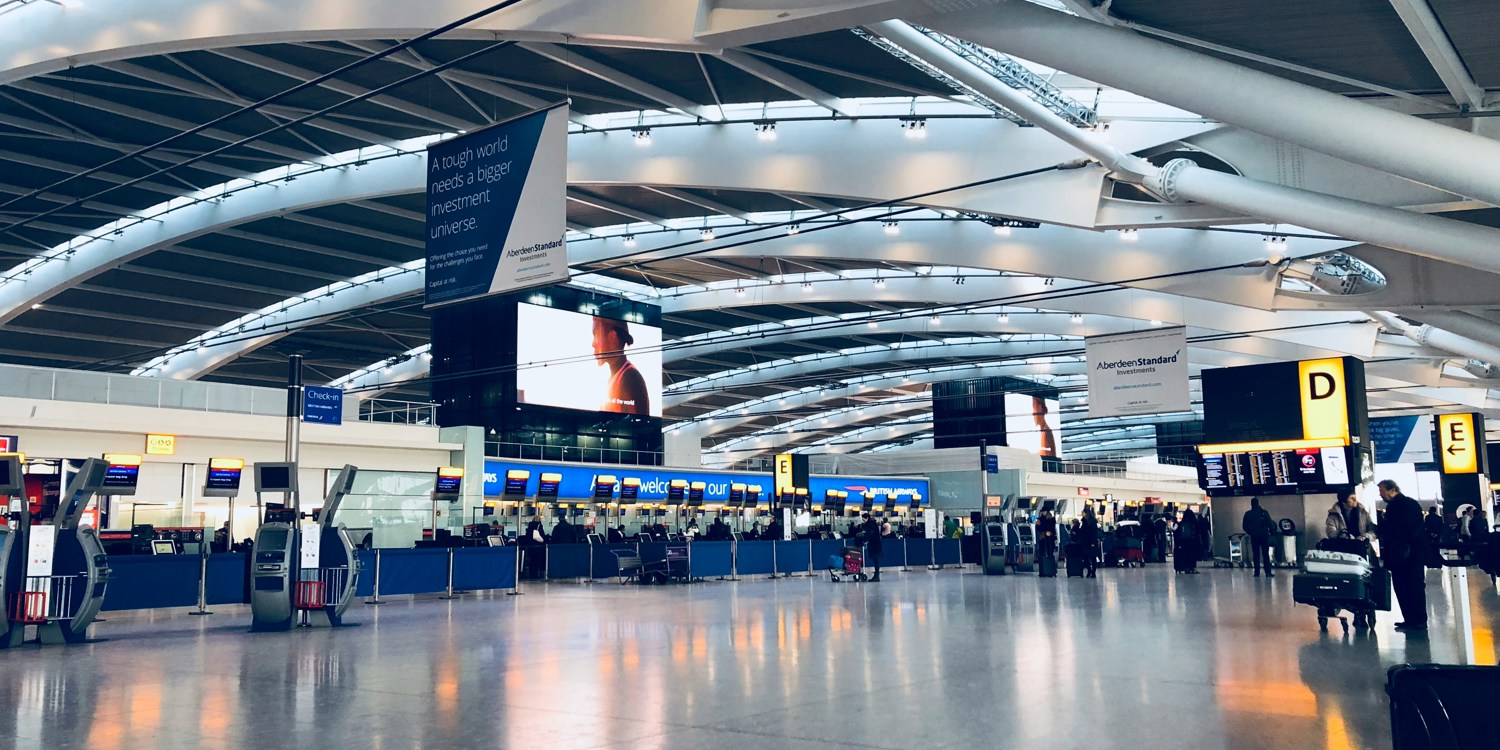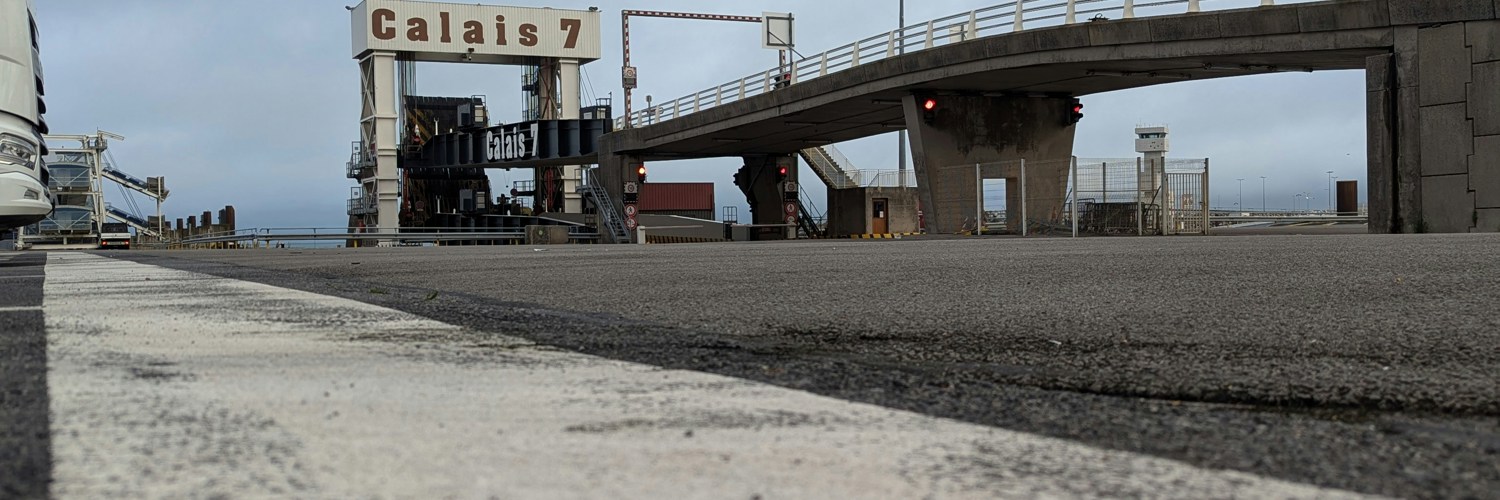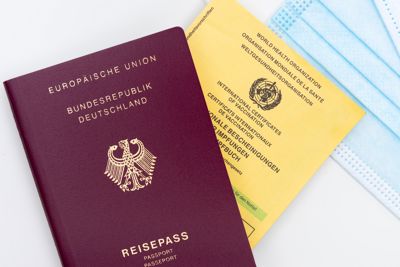Guidance for school counsellors: join our webinar on 26 February. Find out more.
Immigration on entry to the UK
Find out what to expect when arriving in the UK as an international student, covering visa checks, customs, and initial steps to ensure compliance with immigration rules, making your transition into UK life smoother.
Last updated on 14 February, 2025

Introduction
Last updated 17 December, 2024
Coming to study in the UK as an international student can feel a little daunting. This information gives an overview of what will happen when you arrive in the UK as a student, and includes important details about how to keep evidence of your date of entry, especially if you use eGates at an airport. It also includes important information for you to consider if you leave the UK after your course finishes, but you are hoping to re-enter the UK before your immigration permission expires.
If you are coming to the UK via Ireland, see our information on Entering the UK via Ireland instead.
If you are travelling to the UK by air you will arrive at your airport and pass through immigration control first (before collecting your luggage). There are usually two main queues: one for UK and European Economic Area and Swiss nationals, and one for everyone else.
If you travel by Eurostar, you will go through UK immigration control in France before you board the Eurostar.
Can I use an eGate?
Last updated 03 April, 2025
If you are a registered traveller you will be able to enter through the UK and EU passport entry lanes or through the eGates if your passport has a ‘chip’.
EEA and Swiss citizens as well as citizens of Australia, Canada, Japan, New Zealand, Singapore, South Korea and the USA can also use the eGates, if they have a passport with a 'chip' and are 10 years old or over (those who are 10- 17 must be accompanied by an adult).
See the Home Office guidance on entering the UK for advice about what to do and expect at border control.
Make sure you join the correct queue. If you cannot, or do not, use the e-Gate a Border Force Officer will look at your passport and check your immigration permission, or assess you as a Visitor if you are a non-visa national Visitor applying at the border. If you have immigration permission in the form of an eVisa, read the updated information on our eVisas page.
Checks made by a Border Force Officer
Last updated 17 December, 2024

A Border Force Officer may still ask to look at your passport and check any immigration permission you have even if you do use an eGate, so it is important that you have the right documents in your hand luggage. This is especially important if you are a non-visa national applying as a Visitor [Note for non-visa nationals applying on entry to the UK as a visitor: depending on the date you are entering the UK you may be required to obtain an electronic travel authorisation (ETA) before you arrive in the UK. The requirement to obtain one depends on your nationality and the date you are entering the UK. Information about when the requirements apply to which nationalities (as well as information about applying) is outlined here: Apply for an electronic travel authorisation (ETA) - GOV.UK].
It is also important to have the right documents in your hand luggage if you are returning to the UK towards the end of any immigration permission you hold, as Border Force Officers may need evidence to satisfy themselves that you are still entering for the same purpose for which you were granted permission – see below.
When you enter (or re-enter) the UK with Student immigration permission, the Border Force Officer must be satisfied that you speak English at the required level, without needing an interpreter.
You should also have documents relating to:
- your studies (letter from your university/college/school, including your Confirmation of Acceptance for Studies number if you are coming to the UK as a Student)
- your finances
- where you are going to stay
in your hand baggage, in paper form if possible (not on an electronic tablet or mobile phone).
After immigration control, you will be able to collect your baggage. If any item does not come through, find a representative of the airline you travelled on and fill in a lost baggage form.
Evidence of your arrival date and place
Last updated 17 December, 2024
In all cases, and especially if you use the eGates to enter the UK it is very important to keep evidence of the date and place you entered, such as your flight ticket.
What you need to declare
Last updated 19 November, 2024
There are some prohibited and restricted items if you enter England, Scotland or Wales. The rules that apply to entering Northern Ireland are different.
UK customs information: England, Scotland and Wales (accessible version) - GOV.UK
UK customs information: Northern Ireland (accessible version) - GOV.UK
Returning to the UK after the end of your course but before your permission expires
Last updated 19 November, 2024
You may be thinking of leaving the UK after your course finishes but hoping to re-enter before your immigration permission expires. If so, it is important that you read the information in this section.
If you have Student immigration permission, you should be allowed to enter the UK if you return after the end date of your course but before your permission expires (but see below if your institution has made a report to UKVI about your immigration permission).
Whether you will be allowed to enter on this basis will depend on whether Border Force Officers are satisfied, when you enter the UK, that you will complete the activity you intend to carry out and leave the UK before your permission expires, or that you will submit an in-time application to extend your immigration permission in the UK.
You should carry any relevant documentation with you when you travel to show to the Border Force Officer, if required. You may, for example, have evidence confirming your graduation date if you travel between the end of your course and before your graduation or evidence of a new immigration application. See also page 89 of the Student and Child Student caseworker guidance, where there is information about the re-entry of Students to the UK when they have finished their course, but still have Student permission (but see below if your institution has made a report to UKVI about your permission, for example, if you have completed your course early).
Related articles
-
Student route: applying outside of the UK
The Student route is for international students who want to study in the UK – find out if you can apply for immigration permission from outside of the UK.
-
Passport and visa problems
Explore solutions for issues with your passport, visa, or Biometric Residence Permit (BRP), including what to do if your documents are lost, damaged, or contain errors, ensuring your stay in the UK remains compliant with immigration rules.
Sign up to our free email newsletter
Stay in touch with UKCISA and get all of our updates before anyone else.


